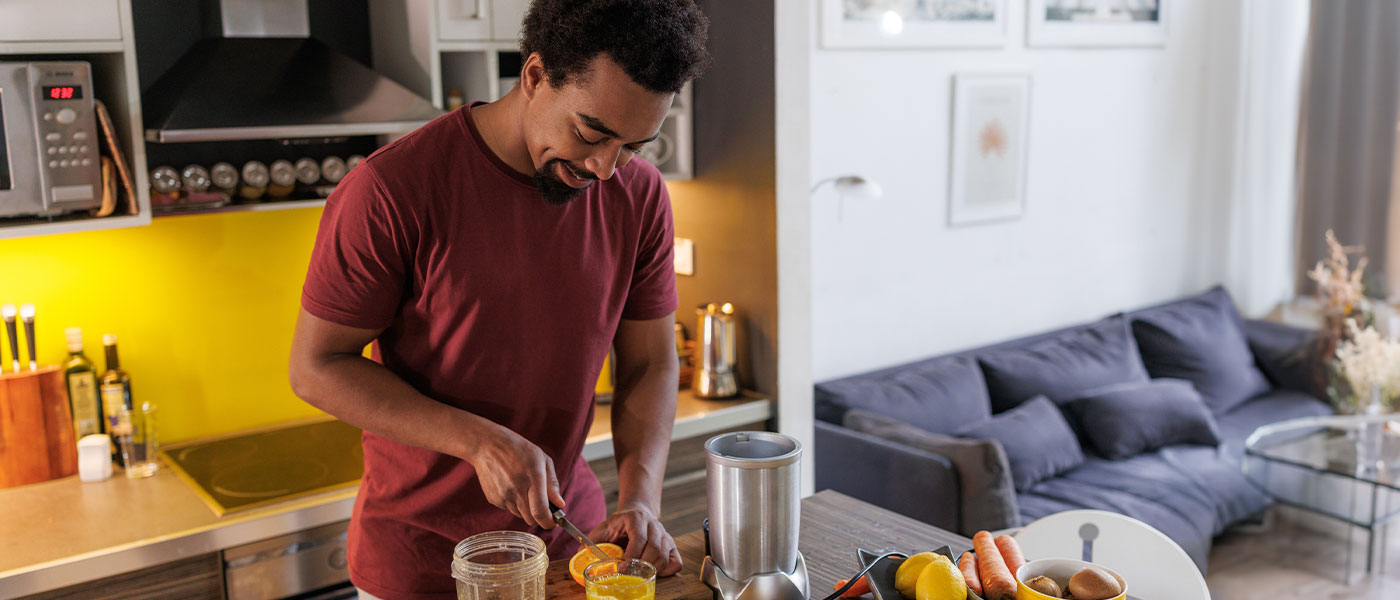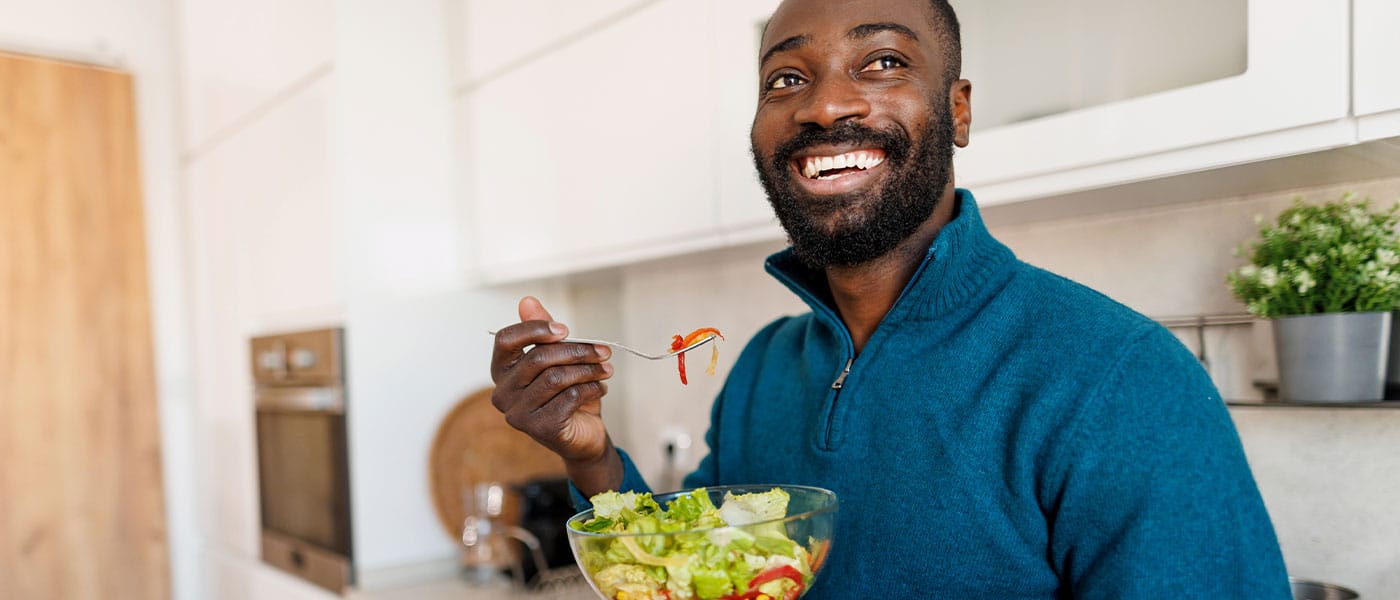
If you’ve recently had the P-Shot, you’ve already taken a step toward improving your performance, sensation, and overall sexual confidence. This innovative platelet-rich plasma (PRP) treatment harnesses your body’s natural healing ability to stimulate tissue regeneration and boost blood flow to sensitive areas. But here’s the thing: while the P-Shot uses your own platelets to promote growth, the quality of your results largely depends on how well your body heals afterward. And that healing is directly influenced by what you eat.
At Genesis Lifestyle Medicine, we believe in healing from the inside out, helping your body function optimally so you look and feel your best. Nutrition plays a crucial role in how effectively PRP can work. The right foods can enhance blood circulation, reduce inflammation, and support platelet activity, while the wrong ones can slow everything down. Let’s explore exactly what you should eat (and what you should avoid) to get the most from your P-Shot results.
What to eat after the P-Shot
Fueling your body with nutrient-rich foods gives your platelets what they need to regenerate tissue and increase blood flow efficiently. Focus on meals that are whole, colorful, and rich in vitamins, minerals, and healthy fats.

Leafy greens
Spinach, kale, and Swiss chard are loaded with antioxidants, vitamin K, and iron, all of which are essential for blood flow and tissue health. These greens support red blood cell production and reduce inflammation, helping your PRP work more effectively. Try adding a handful of leafy greens to your smoothies or pair them with lean protein for a nutrient-packed meal.
Fatty fish
Salmon, mackerel, sardines, and tuna are high in omega-3 fatty acids, which can enhance blood circulation and promote cellular healing. Omega-3s also help regulate inflammation, which is key during the post-PRP recovery phase. Bake or grill your fish instead of frying to keep your meal light and avoid any inflammation.
Eggs
Eggs are among the best sources of high-quality protein and contain vital nutrients like vitamin D and the B-complex vitamins. These nutrients support tissue repair and energy metabolism, helping your body heal efficiently. Hard-boiled, poached, or scrambled with vegetables are simple and healthy ways to incorporate them into your post-P-Shot diet.
Lean protein
Protein provides the building blocks your body uses to regenerate new tissue and collagen. Opt for chicken, turkey, tofu, or lentils, all of which supply clean, lean protein without excess fat. You must consume enough protein to help maintain hormone balance and muscle health, which can indirectly support your overall sexual function.
Berries and colorful fruits
Berries like blueberries, raspberries, and strawberries are rich in antioxidants that protect your cells from oxidative stress. Vitamin C, found abundantly in these fruits, supports natural collagen synthesis and boosts your immune response during recovery. Eating a cup of mixed berries daily can help your PRP work at its best.
Whole grains
Whole grains such as brown rice, quinoa, and oats provide sustained energy and help stabilize blood sugar levels. They’re also rich in B vitamins, which support cellular metabolism and help with energy production, both of which are important for healing after PRP. Avoid refined grains, which can cause inflammation and blood sugar spikes.

Iron- and folate-rich foods
Foods like lentils, spinach, beef liver, and beans are excellent sources of iron and folate, both of which help with red blood cell production. More healthy red blood cells mean better oxygen delivery to tissues, supporting regeneration and faster recovery.
Hydrating fluids
Staying hydrated is critical after the P-Shot. Water helps transport nutrients, flush out toxins, and support platelet activity. Aim for at least 8 to 10 glasses of water a day, and consider coconut water or herbal teas for added hydration benefits.
What to avoid after the P-Shot
Just as the right foods can speed up recovery, the wrong ones can slow your body’s natural healing response. Avoid inflammatory, processed, or dehydrating foods that interfere with platelet activation and blood circulation.
Fried and processed foods
Greasy fast food, fried snacks, and processed meats contain trans fats and preservatives that can trigger inflammation and reduce blood flow. These foods also hinder your body’s ability to produce and activate platelets effectively. Swap fried meals for grilled or baked options, and stick to whole, minimally processed ingredients.
Sugary snacks and drinks
Excess sugar can cause inflammation and oxidative stress, making it harder for your PRP to work properly. Sugary drinks, pastries, and desserts can also lead to blood sugar spikes, which can slow down the healing process. Choose natural sweeteners in moderation and enjoy fruit when you crave something sweet.
Alcohol
Alcohol can interfere with blood cell production and reduce platelet count, limiting the effectiveness of PRP. It also dehydrates your body and constricts blood vessels, reducing blood circulation to the treated area. Avoid alcohol for at least 72 hours after your P-Shot (and longer if possible) to give your body the best chance to heal.
Caffeine
Caffeine can constrict blood vessels and limit oxygen delivery to healing tissues. While a small amount is fine for most people, it’s best to avoid coffee, energy drinks, and strong tea for the first 48 hours after the procedure. Replace them with water, coconut water, or decaffeinated herbal tea to stay hydrated without compromising recovery.

Dairy and certain foods that lower platelets
While dairy is healthy in moderation, cow’s milk and some foods, such as cranberry juice, garlic, and tonic water, may temporarily reduce platelet count in sensitive individuals. Consider limiting them during your initial recovery phase to support optimal PRP activity.
Anti-inflammatory medications and supplements
Unless specifically prescribed, avoid NSAIDs (like ibuprofen) or high-dose anti-inflammatory supplements, such as turmeric or fish oil, for a few days after the procedure. These can interfere with the natural inflammatory process that allows PRP to work effectively. Always follow your provider’s post-treatment instructions before resuming supplements.
Support your results with healthy habits
Beyond food, your lifestyle plays a role in how well your body responds to PRP. Get at least 7 to 9 hours of sleep and engage in light movement to support circulation. Avoid smoking, excessive heat exposure, or heavy exercise for a few days after treatment.
At Genesis Lifestyle Medicine, we take a comprehensive approach to healing: supporting your recovery not just with advanced regenerative treatments like the P-Shot, but also with holistic guidance on caring for your body afterward. When you nourish yourself with the right foods and habits, you give your PRP treatment the best possible chance to succeed, helping you feel stronger, perform better, and experience lasting confidence from the inside out. Contact us today to get started.



